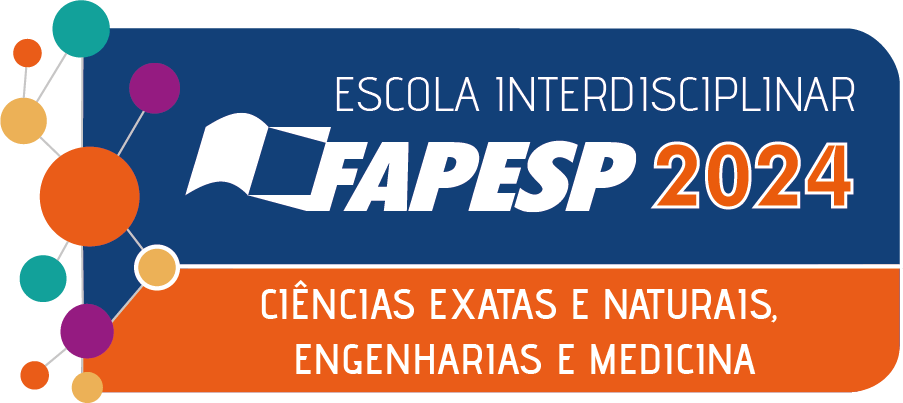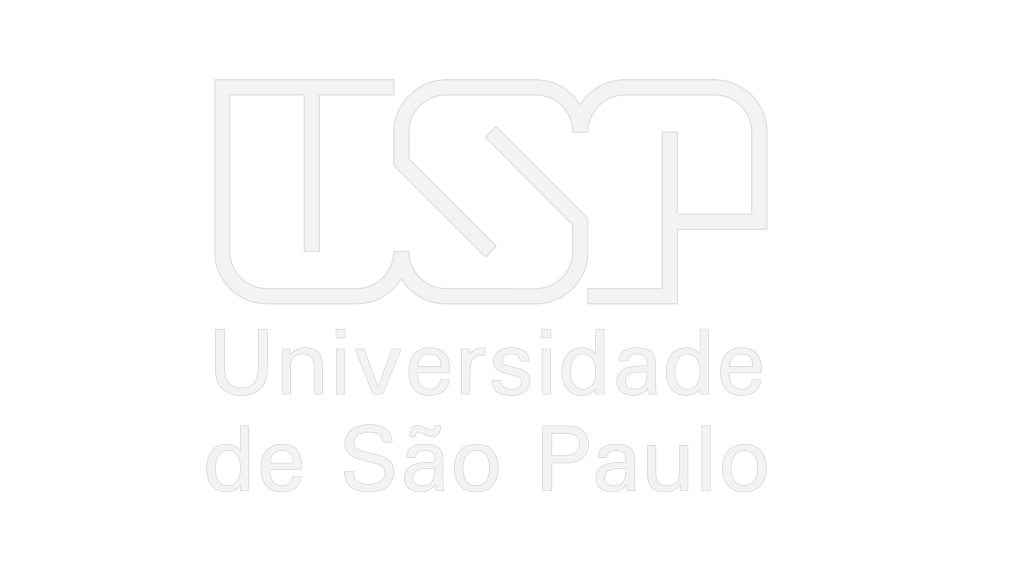Mercedes Maria da Cunha Bustamante

Mercedes Maria da Cunha Bustamante
Full Professor, Department of Ecology, Institute of Biological Sciences, University of Brasília/UnB
Lecture
Climate and biodiversity crises: changing trajectories
Climate change and the decline of biodiversity are the main challenges of our time. Across the globe, ecosystems are rapidly losing biological diversity. Over this century, the intensification of climate change will accentuate the current trend of biodiversity loss and the impairment of ecosystem services. Central questions of our time include: How is the Earth’s environment changing, and what are the consequences for human societies? What are the Earth system’s thresholds for anthropogenic change? What are the implications for global and regional sustainability? Faced with the challenges posed by the interdependence of the two global crises, we will explore ways to reverse degradation trajectories and increase the resilience of socio-ecological systems.
Minibio:
Bachelor’s degree in Biological Sciences from the State University of Rio de Janeiro (1984), Master’s degree in Agricultural Sciences (Plant Physiology) from the Federal University of Viçosa (1988), and Ph.D. in Geobotany – University of Trier (1993). She is currently a full professor at the University of Brasilia. She has experience in Ecology, emphasizing Ecosystem Ecology, working mainly on the following topics: cerrado, land-use change, biogeochemistry, global environmental change. Co-coordinator of the chapter “Agriculture, Forestry and Other Land Uses” of the 5th. Report of Working group 3 (Mitigation) of the Intergovernmental Panel on Climate Change – IPCC (2011-2014). Author of the chapter “Agriculture, Forestry and Other Land Uses” of the 6th Report of Working group 3 (Mitigation) of the Intergovernmental Panel on Climate Change – IPCC (2018-2022). Co-coordinator of the Working group “Mitigation” of the Brazilian Panel on Climate Change, responsible for preparing the technical report on Mitigation of Climate Change in Brazil (2011-2014). Coordinator of the chapter “Ecosistemas terrestres y acuaticos continentales” of the report “Adaptación frente a los riesgos del cambio climático en los países iberoamericanos” of RIOCCADAPT. Representative of Latin America in the International Nitrogen Initiative (2010-2013). Member of the Scientific Committee N2O Report – United Nations Environment Programme (UNEP) (2013) and the Scientific Committee of the International Geosphere-Biosphere Programme (IGBP) (2007-2012). Member of the Independent Science Panel of the Climate Change, Agriculture and Food Security Program (CCAFS/CGIAR) (2015-2019). General Coordinator of Ecosystems Management (2011-2012), Director of Policies and Thematic Programs of the Ministry of Science, Technology, and Innovation (2012-2013), and Director of Programs and Grants in the Country of CAPES (2016), President of CAPES (2023). Co-coordinator of the “Drivers of Changes” chapter of the Regional Assessment for the Americas of the Intergovernmental Platform on Biodiversity and Ecosystem Services (IPBES). Member of the Scientific Committee Brazilian Platform on Biodiversity and Ecosystem Services – BPBES (2016/2018). Elected member of the Brazilian Academy of Sciences. Commendation of the National Order of Scientific Merit in 2018. Elected member of The World Academy of Sciences (TWAS). Elected Honorary Fellow of the Association of Tropical Biology and Conservation (2020) and international member of the US National Academy of Sciences (2021).

Participants
Organization and sponsorship

Collaboration



© 2024 – 2025 Escolas FAPESP. Developed by WebContent
